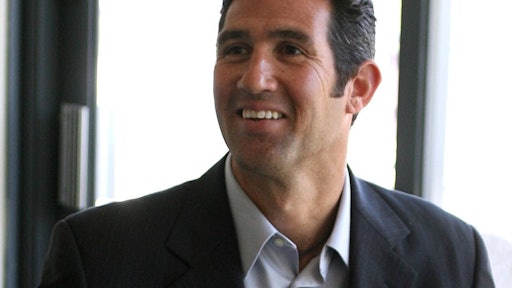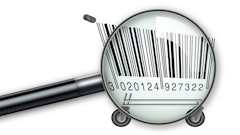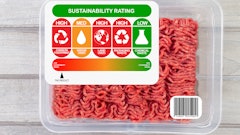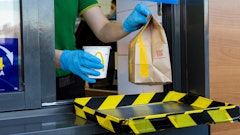
I had a conversation this week with a Vice President that has spent the last 20 years with a tier 1 grocer currently ranked in the U.S. Top 10. The topic of the Advanced Ship Notice (ASN) came up and how, for the most part, grocery continues to lag behind retailers with non-food supply chains in adopting the ASN.
Our joint view on the issue is that the desire and the intent are there, but the complexity of the document coupled with the unique makeup of the grocers' supply chains contribute to delays in implementation.
Conventional wisdom within the majority contributes to this way of thinking; however, smart grocers know that rolling out an ASN indeed takes support, planning and a long-term focus... but the time has come.
In any ASN program, grocers can expect some suppliers to resist. In the past, grocers have been sympathetic and accommodating. The days are now gone when suppliers could make legitimate excuses based on limited resources and technology for not supporting an ASN requirement given the affordable EDI and label services now available.
And finally, consider the competition. As Wal-Mart and Target (both long time benefactors of the ASN) expand fresh grocery operations, traditional supermarket chains are going to need the visibility to better manage inventory, margins, traceability and supplier scorecarding in order to maintain a level playing field.
I recognize the challenges of an ASN program crosses several departments and involves a multitude of stakeholders, who are you and what are your thoughts?


























